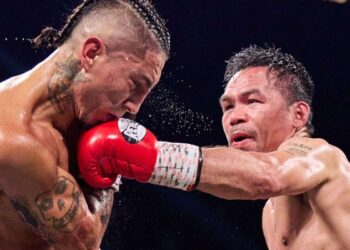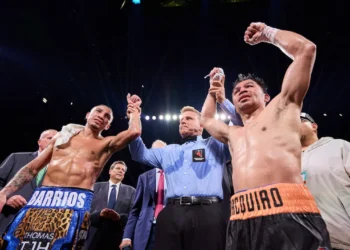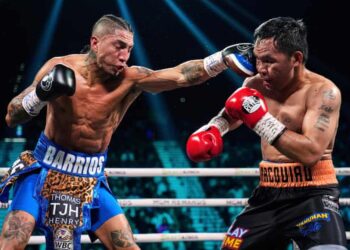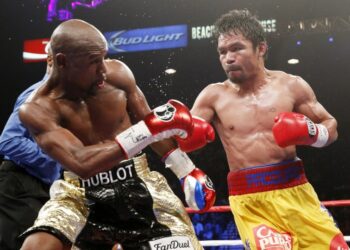Imane Khelif, the talented Algerian boxer whose Olympic dreams were shattered under controversial circumstances, has finally spoken out after months of silence. The 25-year-old, who was dramatically barred from competing in the gold medal bout at the 2023 Women’s World Boxing Championships due to “eligibility criteria” related to hormone levels, is now at the center of a heated debate about privacy, fairness, and the future of women’s sports.
In a defiant statement posted on her social media accounts this week, Khelif declared she would not allow what she calls “injustice and humiliation” to define her career or identity. “I have always fought in the ring and in life with dignity,” she wrote. “No one will silence me. No one will decide my future except myself.”
Her comments come just days after fresh revelations that the International Olympic Committee (IOC) and several federations are working on new policies aimed at “protecting female Olympians,” following a high-profile leak of a gold medallist’s confidential medical report. While the IOC has not officially named the athlete at the heart of the leak, insiders believe the report detailed sensitive information about testosterone levels — an issue that has increasingly divided the sporting world.
For many, Khelif’s case is emblematic of the tightrope that international sport is trying to walk between inclusion, fairness, and the privacy rights of athletes. Khelif, a rising star who once seemed destined for Olympic glory, saw her gold medal hopes dashed when she was ruled ineligible to fight in the final at the last moment. The official explanation cited a failure to meet unspecified “eligibility requirements” — a phrase widely understood to mean her natural testosterone levels exceeded the allowed limit under boxing’s regulations for female competitors.
The incident sparked outrage in Algeria and across parts of the global boxing community. Supporters rallied around Khelif, praising her courage and questioning whether such rules discriminate against athletes whose bodies do not conform to conventional definitions of femininity. Critics of the existing guidelines argue that they disproportionately target women from the Global South and fail to account for the complex realities of biological diversity.
Now, with the IOC and sports federations scrambling to tighten rules on data protection and clarify eligibility criteria, Khelif’s story has returned to the spotlight. Draft proposals reportedly include stricter penalties for leaks of medical information, clearer communication with athletes about how their data will be used, and a review of how hormone levels are tested and enforced.
But the proposals stop short of fundamentally revisiting the controversial thresholds themselves — something Khelif and her supporters say misses the point. In her statement, she called for “respect for every woman’s dignity and privacy” and urged sports authorities to “listen to us, not just test us.”
The World Boxing Federation has so far declined to comment on whether Khelif will be allowed to compete at the Paris 2024 Olympics. Meanwhile, Algerian officials have vowed to take her case to the highest levels of international sport, arguing that their star boxer has been robbed of her chance to represent her country on the biggest stage.
Athletes’ rights advocates warn that Khelif’s case is not unique. The issue echoes controversies surrounding other high-profile athletes such as Caster Semenya, the South African middle-distance runner who has spent years in court fighting World Athletics’ regulations requiring women with naturally high testosterone to lower their levels to compete in certain events.
The broader conversation now goes beyond who wins medals — it touches on how sports define womanhood, who gets to draw those lines, and whether the systems in place are fair, transparent, and humane. For Khelif, the battle is no longer just about a title she lost in the ring, but about the principles she’s determined to defend outside of it.
“I am still here. I am still fighting,” she said, signing off her message with the same spirit that once made her a symbol of hope for Algerian boxing. As the next Olympic cycle approaches, it remains to be seen whether the new rules will truly protect female athletes — or whether they will become yet another hurdle for competitors like Iman
e Khelif to overcome.











